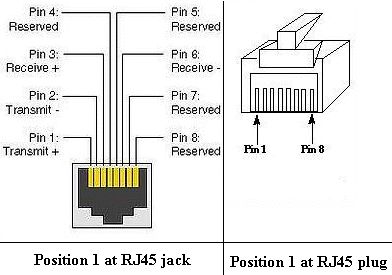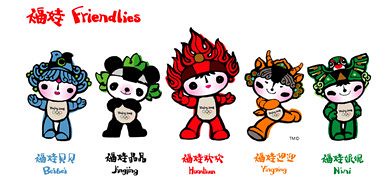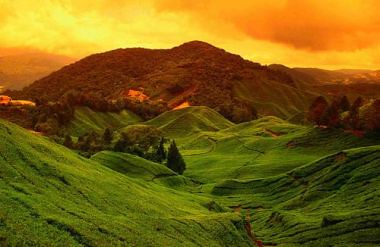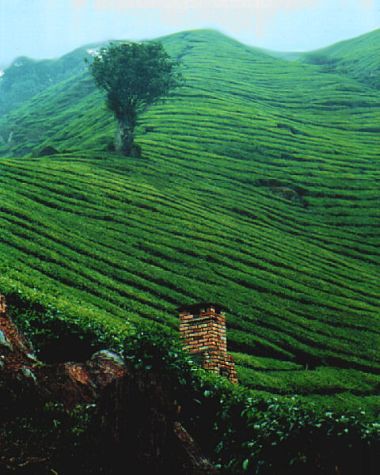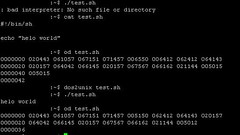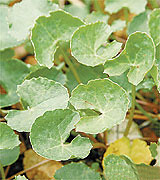 Pegaga is a polymorphous, creeping plant, rooting at nodes, with sometimes significant tap root, cylindrical and glabrous stems. Other names of pegaga including Centella asiatica (L.), Hydrocotyle asiatica, gotu kola, Indian pennywort (English), Mandukaparni (India), pegaga (Malaysia), and Ping Da Wan (崩大碗), Di Qien Cao (地錢草), Zhi Xue Cao(积雪草), 雷公根, 蚶殼草, 地堂草, 銅錢草, or 落得打.
Pegaga is a polymorphous, creeping plant, rooting at nodes, with sometimes significant tap root, cylindrical and glabrous stems. Other names of pegaga including Centella asiatica (L.), Hydrocotyle asiatica, gotu kola, Indian pennywort (English), Mandukaparni (India), pegaga (Malaysia), and Ping Da Wan (崩大碗), Di Qien Cao (地錢草), Zhi Xue Cao(积雪草), 雷公根, 蚶殼草, 地堂草, 銅錢草, or 落得打.
Western research studies show that pegaga contains active ingredients such as Triterpenoid glycosides, asiaticoside, Vallerin, Tannins, Alkaloid, Volatile oil, and Pectin. It could act as a relief for fever, bowel complaints, leprosy, rheumatism, ichthyosis, poultice for syphilitic ulcers (Grieve), uterine cancer, wounds, arthritis, stuttering, haemorrhoids, Cellulite (Murray), skin disease, respiratory tract infection, cirrhosis, venous sufficiency, tremors and twitching muscles (Bushell).
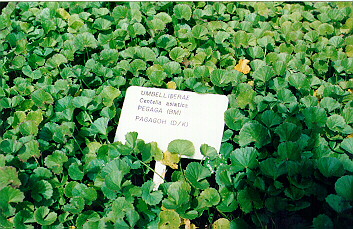

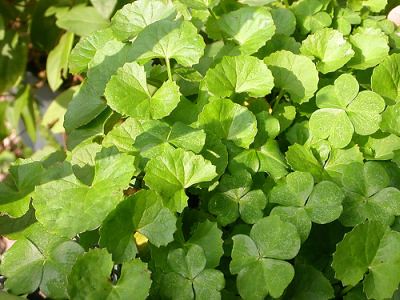
Medical benefits
- Treat symptoms of nervous breakdown, reduce stress, improve reflexes, and increase mental and physical power.
- Reduce high blood pressure.
- Slow down ageing process.
- Drain out toxins.
- Indian use this herb to treat skin inflammations and as a mild diuretic.
- Oriental use it to treat emotional disorders such as depression, cure high fever, relieve congestion due to colds and upper respiratory infections.
- Positive effect on blood circulatory system by strengthening the veins and capillaries.
- Treat phlebitis (inflammation of the veins), leg cramps, swelling of the legs, and "heaviness" or tingling in the legs.
- Proven to be particularly useful to people who are inactive or confined to bed due to illness.
- Its beneficial effect on circulation may help improve memory and brain function.
- Used successfully to promote healing after episiotomy, a surgical incision of the vulva performed to prevent tearing during childbirth. In fact, a study reported in a French medical journal in 1966 revealed that women treated with pegaga after childbirth healed more rapidly than those given standard treatment.
